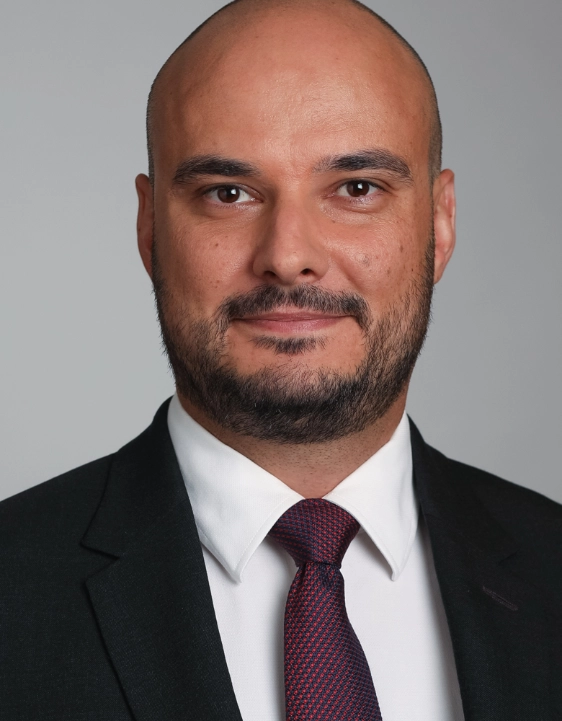Stay in the know
We’ll send you the latest insights and briefings tailored to your needs
Working across all those offices has been formative for me. I think living abroad is a great way of developing the cultural sensitivity that is required for working in international arbitration. So much of this work relies on understanding people. Knowing the cultural and legal background of your audience can impact not only how you present a case to your tribunal in a way that will resonate and be persuasive, but also how you earn the role of trusted advisor to clients. During my time in Hong Kong, I worked with clients from across Asia. I found that they often had very different corporate cultures to, say, clients from Europe or the US, and had very different expectations and requirements of their lawyers. That said, one thing they all had in common was the need for their lawyers to have the ability to convey complex concepts in a simple way.
I also learned the value of food as an ice-breaker – everyone loves to talk about it, and you can learn a lot about someone from what they like to eat!
Although the energy transition is top of mind for most clients, and rightly so, we are still seeing a lot of traditional oil & gas disputes coming through the system. This is a natural consequence of the change to the economic dynamics of existing projects – as parties feel more of a squeeze or wish to divest completely, disputes are likely to arise.
On the renewables side, there was obviously an initial boom of investment (particularly in solar and wind projects), and in adjacent industries such as battery storage. Disputes relating to those investments are now starting to crop up more frequently. The competition for critical minerals, also linked to the energy transition, is also throwing up more and more disputes. Although the subject matter may be new, because they may concern new technology, for example, or new economic incentives and profit models, the principles are largely the same and the disputes take the same form – including contractual disputes, joint venture disputes and disputes with states.
We have also noticed that Asian investors are much more active in the disputes arena, especially in the US and Latin America. Chinese, Japanese and Korean investors in particular have invested in a number of renewables projects as well as in critical minerals such as copper and lithium. As countries in Latin America have taken steps to increase their control over their natural resources, this trend towards greater state intervention has given rise to investor-state claims.
Arbitration has a lot of features that make it well-placed and – in fact – possibly better-placed than some national court systems to resolve business and human rights disputes. Traditionally the criticism that has been levelled at arbitration is that it is geared towards private commercial parties, because they are more familiar with it and possibly stand to gain from the process being confidential. The benefit of international arbitration, however, is that it removes the dispute from national courts (who may not be neutral) and allows the parties to choose a panel of experts to adjudicate, who may have backgrounds outside the law and therefore bring a wider perspective. There has also been a move towards transparency in this context – the procedural rules available mean that parties can decide on what level is right for them. The Hague Rules on Business and Human Rights Arbitration represented a huge step forward in demonstrating how arbitration can cater to these disputes in practice. All of this is to say that I think arbitration is well-placed to balance the competing interests involved in this type of dispute.

Marco de Sousa
Partner
I like to cook and particularly enjoy eating in weird and wonderful restaurants. Having lived all over the world, I have been fortunate to have had the opportunity to do a lot of that. If I hadn't been a lawyer, I might have considered becoming a chef. Although, having seen first hand how tough it is (my brother is one), I may have settled for being a food critic instead!
The contents of this publication are for reference purposes only and may not be current as at the date of accessing this publication. They do not constitute legal advice and should not be relied upon as such. Specific legal advice about your specific circumstances should always be sought separately before taking any action based on this publication.
© Herbert Smith Freehills 2024
We’ll send you the latest insights and briefings tailored to your needs